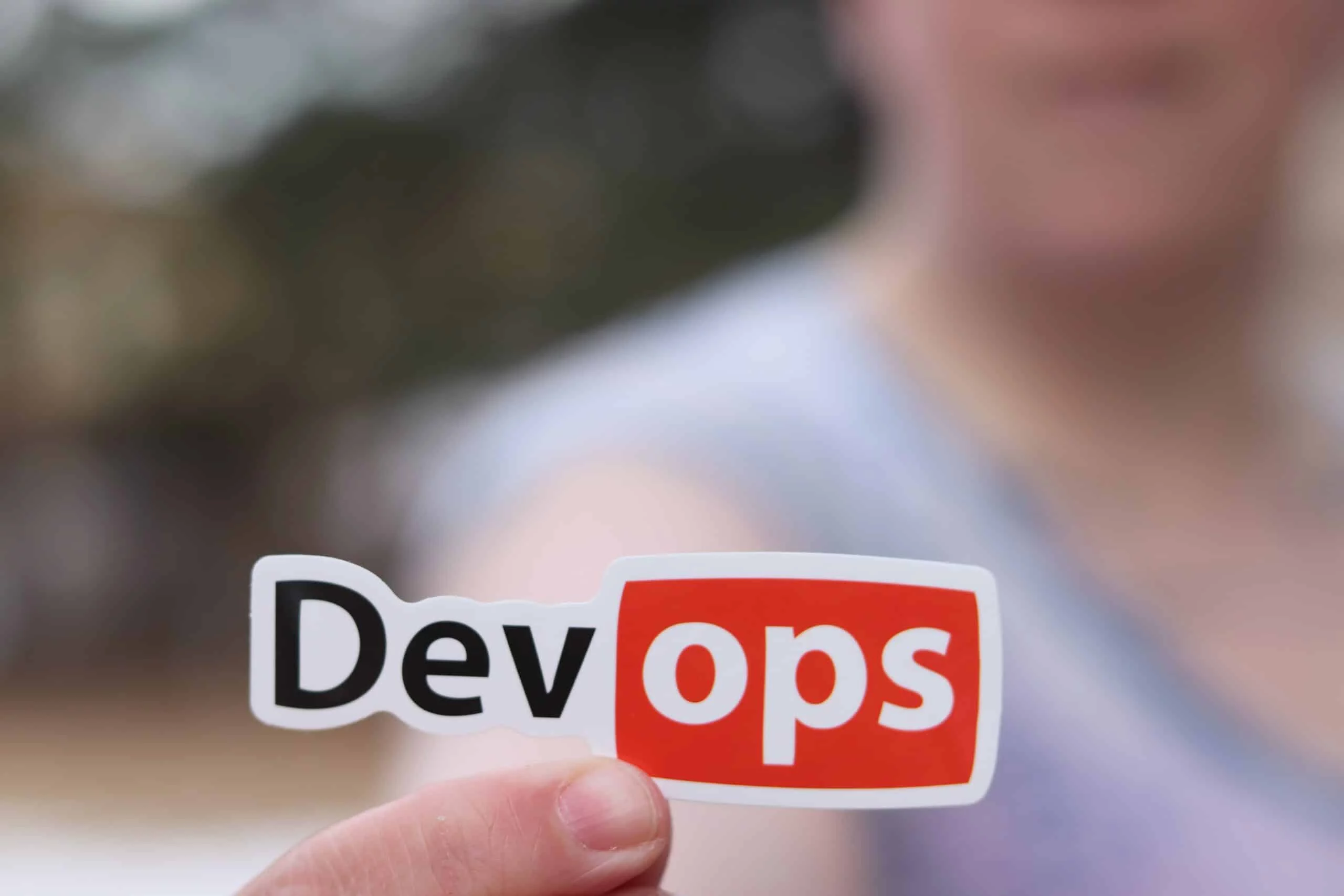An HR Business Partner (HRBP) is a professional who works closely with business leaders and managers to provide strategic HR guidance and support. The HRBP is responsible for aligning HR policies, practices, and initiatives with the overall business objectives of the organization. Hiring an HR business partner can help an organization improve its HR function, build a more engaged and productive workforce, and achieve its business objectives more effectively.
Ensure you have hired the best HR business partner candidate for your organization by asking the right questions during the interview process. Take a look at the operational and situational, role-specific, and behavioral questions in this blog.
General Roles and Responsibilities of an HR Business Partner
The roles and responsibilities of an HR Business Partner (HRBP) are more strategic and collaborative than those of an HR Assistant. Here are some examples:
- Understanding the business objectives of the organization and aligning HR initiatives to meet those objectives.
- Developing and implementing talent management strategies, including recruitment, onboarding, performance management, career development, and succession planning.
- Identifying and addressing organizational development needs, including organizational design, change management, and culture.
- Providing guidance and support to managers on employee relations matters, including conflict resolution, performance management, and disciplinary actions.
- Gathering and analyzing HR data to identify trends and opportunities to improve HR practices and support business objectives.
- Ensuring compliance with employment laws and regulations, such as EEO, FMLA, and ADA.
- Selecting and implementing HR technology systems that support HR initiatives and business objectives.
- Overseeing day-to-day HR operations, such as payroll, benefits administration, and HR policies and procedures.
Skills and Experience an HR Business Partner should have:
The specific skills and experience required for an HR business partner may vary depending on the organization and industry. Here are some typical examples:
- HR knowledge and experience: HR business partners must have a strong understanding of HR policies, procedures, and best practices. They should have experience in handling HR-related tasks, such as recruiting, employee relations, and performance management.
- Communication and interpersonal skills: HR business partners must have excellent communication and interpersonal skills to interact with employees at all levels of the organization. They should be able to communicate effectively with employees, managers, and executives.
- Strategic thinking: HR business partners must be able to think strategically and contribute to the development of HR strategies that align with the overall business goals of the organization.
- Analytical and problem-solving skills: HR business partners must be able to analyze data, identify trends, and solve problems related to HR issues.
- Business acumen: HR business partners must have a good understanding of the organization’s business operations, including its financial and strategic goals.
- Change management skills: HR business partners must be able to manage change effectively and support the organization through periods of transition.
- Project management skills: HR business partners must be able to manage HR-related projects, such as developing and implementing new HR policies or programs.
- Emotional intelligence: HR business partners should have a high degree of emotional intelligence and be able to handle difficult situations with empathy and tact.
HR Business Partner Operational and Situational Questions
HR Business Partner (HRBP) Operational Questions are designed to assess the HRBP’s knowledge and expertise in specific HR-related topics such as talent acquisition, performance management, employee relations, and compensation and benefits. Here are some examples:
- How do you measure the effectiveness of your talent acquisition strategy?
- What are the key components of an effective performance management process?
- What steps do you take to ensure compliance with local labor laws and regulations?
- What HR metrics do you track to identify trends and measure the impact of HR programs?
- You have received a complaint from an employee about a possible case of workplace harassment. What steps would you take to investigate the complaint and ensure a fair resolution?
- Your company is planning a restructuring that will result in layoffs. How would you communicate the news to affected employees and support them through the transition?
- A hiring manager has requested that you expedite the hiring process for a critical role. However, the candidate does not meet all the required qualifications. How would you balance the need for speed with the need to hire the best candidate for the role?
- A team leader has expressed concerns about a particular employee’s poor performance. How would you work with the team leader and the employee to address the performance issues and develop a performance improvement plan?
HR Business Partner Role-specific Questions
Role-specific Questions are designed to assess the HRBP’s understanding of their specific role within the organization and their ability to perform the responsibilities that come with that role. Here are some examples of HRBP Role-specific Questions:
- Can you describe your experience working as an HRBP? What were your primary responsibilities and how did you measure your success in this role?
- How do you build relationships with stakeholders, such as business leaders and managers, to understand their HR needs and align HR strategies with the organization’s goals?
- How do you support the development of the organization’s talent management strategy, including workforce planning, succession planning, and leadership development?
- How do you partner with the business to ensure that HR initiatives are aligned with the organization’s overall strategic priorities?
HR Business Partner Behavioral Questions
Behavioral questions are designed to assess the HRBP’s past behavior and how they have responded to various situations in the workplace. Here are some examples of HRBP Behavioral Questions:
- Describe a time when you had to handle a difficult employee relations issue. How did you approach the situation, and what steps did you take to resolve it?
- Give an example of a time when you had to influence stakeholders to make a change in HR policies or practices. How did you build support for the change, and what was the outcome?
- Tell me about a time when you had to work on a project with a team from a different department. How did you build rapport with the team members, and what challenges did you face?
- Describe a situation when you had to deal with a confidential HR matter. How did you ensure that sensitive information was kept confidential, and how did you handle the situation with integrity?
Conclusion
An HR business partner plays a crucial role in aligning HR policies, practices, and initiatives with the overall business objectives of an organization. Hiring the right HRBP candidate can help an organization improve its HR function, build a more engaged and productive workforce, and achieve its business objectives more effectively.
During the interview process, operational and situational, role-specific, and behavioral questions should be asked to ensure that the selected candidate can meet the specific requirements of the organization. By asking the right questions, organizations can select the most qualified and competent HRBP to support their HR strategies and help achieve their business goals.


